Riders in the Sky – Sons of the Pioneers
This song tells the story of an old legend about a herd of ghost cattle being chased across the sky by the spirits of cowboys damned to pursue them for all of eternity.
More commonly known as "Ghost Riders in the Sky", the song was first written and recorded by Western music singer/songwriter, Stan Jones in 1948. It is considered to be one of the greatest cowboy songs of all time and has been recorded by over fifty artists in years since it was first released. You might be familiar with Johny Cash’s version from 1979.
I personally like this version by Country Western vocal legends, The Sons of the Pioneers from their 1960 album Cool Water.
Red Sovine was a pioneer of the trucker ballad genre in late sixties and early seventies. He scored a number of hits with his sentimental tales of long distance truck drivers.
In 1967 he drove that big rig right into the Weird West with this tale about a hitchhiker who is given a ride by a mysterious truck driver named “Big Joe”. Later when the hitchhiker tells a truck stop waiter who gave him a ride he finds outs that the kindly truck drive was actually a ghost.
If you were thinking that all this paranormal activity means that this one is spooky rather than sentimental, forget about it. The waiter also reveals that the truck driver died swerving off the road to save a school bus full of children.
Tom Waits reinterpreted the song as Big Joe and Phantom 309 as heard on 1975’s live recording, Nighthawks at the Diner, and it appears to me to be the inspiration for “Large Marge” in Pee Wee’s Big Adventure.
This 1968 single, told from the perspective of a serial killer, was penned by prolific songwriter Leon Payne, whose work has been recorded by a veritable who’s who of country music legends, most famously with Hank Williams iconic version of his song “Lost Highway".
With intensely dark lyrics about animal and child murder delivered straight to a chilling effect, it’s no wonder "Psycho" failed to impact the charts. Although it has since achieved cult status and is Noack’s most well-known recording. He would revisit similar themes in the twisted murder ballad "Delores" a few months later.
The song starts out as a paint-by-numbers country ballad to mama, before quickly taking a hard left turn into the mind of madman. It tells the story of a heavy-hearted narrator, speaking directly to his mother, who laments his compulsion to kill, imploring her to “let'em lock me up” before he takes another life. Or is it already too late? You’ll have to listen and find out for yourself…
Buck Owens and his band, The Buckaroos were an integral part of the development of the Bakersfield sound, a rock & roll influenced strain of country music that sprung up in Bakersfield, California as a response to the overly polished mainstream country music coming out of Nashville in the late 1950’s.
Owens racked up a slew of hits over the course of his career including an impressive twenty-one #1’s and was covered by the likes of The Beatles who let Ringo sing his 1963 hit "Act Naturally" on their 1965 album Help!
Although not a #1 hit, the Halloween novelty song "Monster’s Holiday" did manage to crack the Top Ten in 1974. Basically an excuse to name check a rouges gallery of movie monsters and other creepy crawlies, this is a fun listen and an example of pure bubblegum rockabilly.
This ominous tune was written for Cash by Glen Danzig for 1994’s American Recordings, an album which would usher in a late-career renascence for the battered country legend in the midst of the alt-rock revolution.
The song is sung from the first person perspective of brooding loner, who was given the number 13 as child instead of a name. Filled with anger from a lifetime of hardship, he prays that no one even makes eye contact with him lest they feel the wrath of his murderous rage.
Danzig has described "Thirteen" as his “impression of who Johnny Cash was and what he meant.” You can hear his version of the song here, including an extra verse that Cash didn’t think was right for the song.
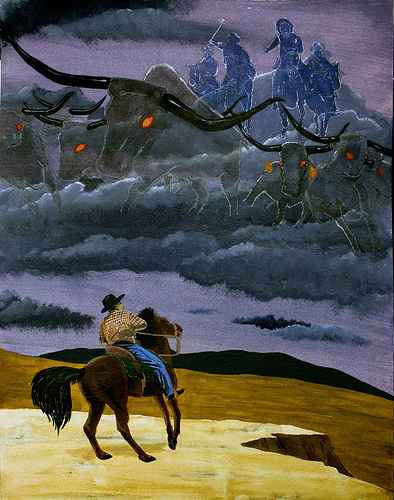
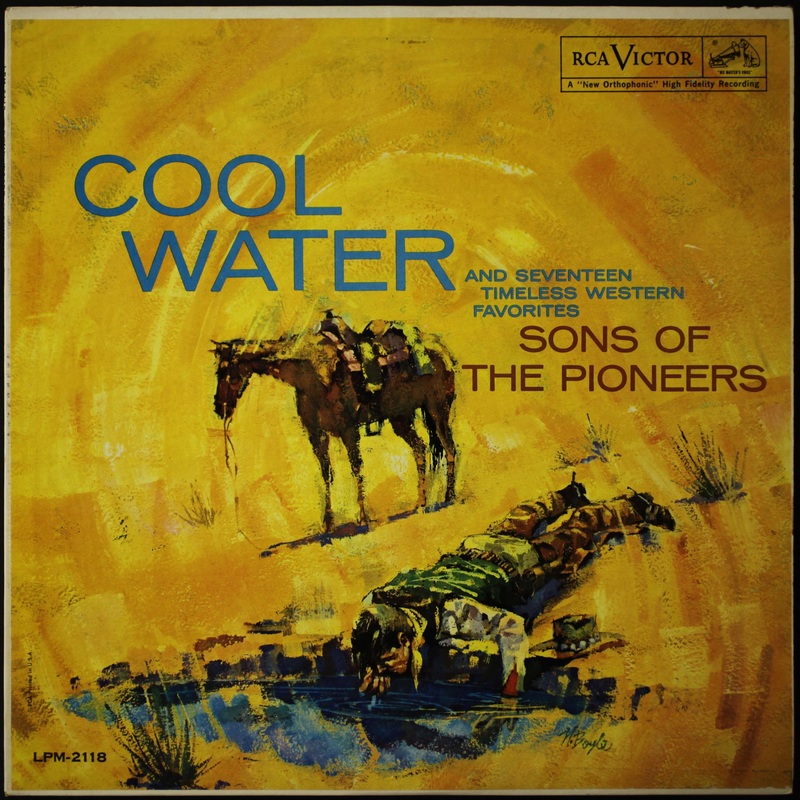
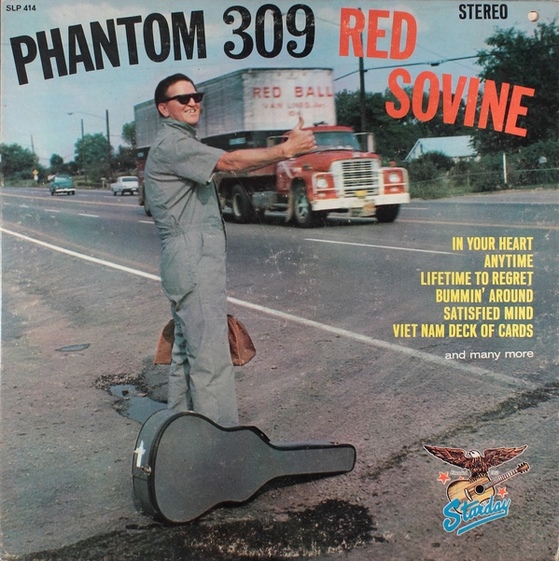
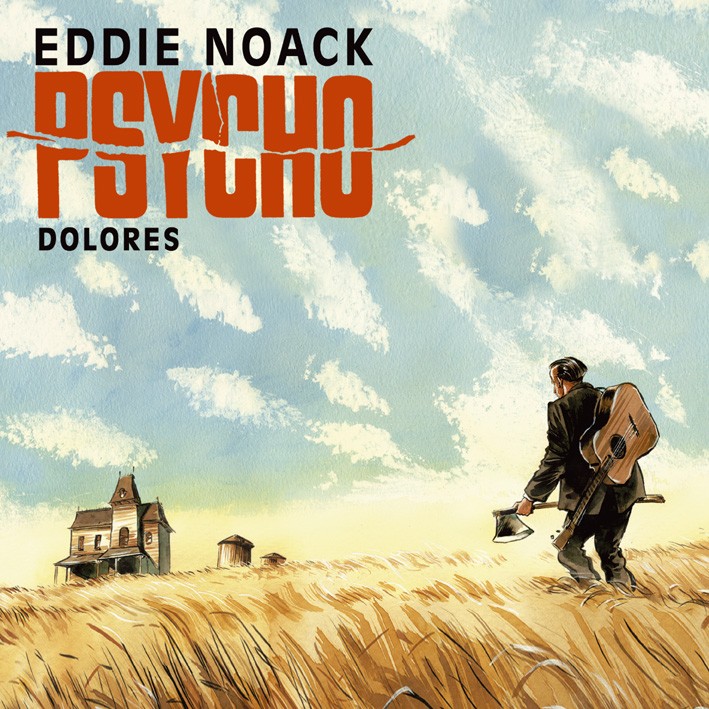
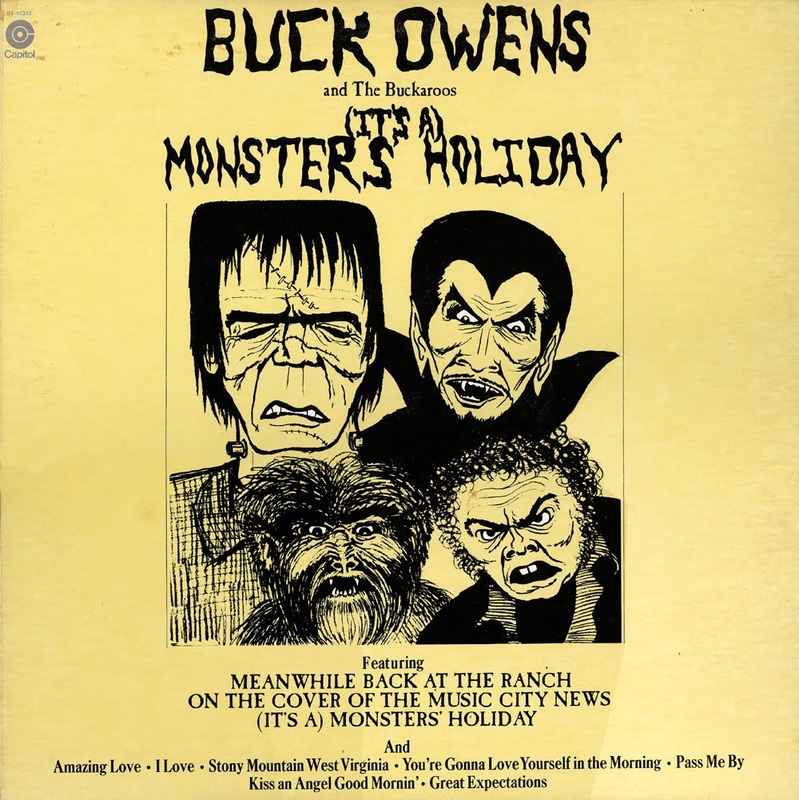
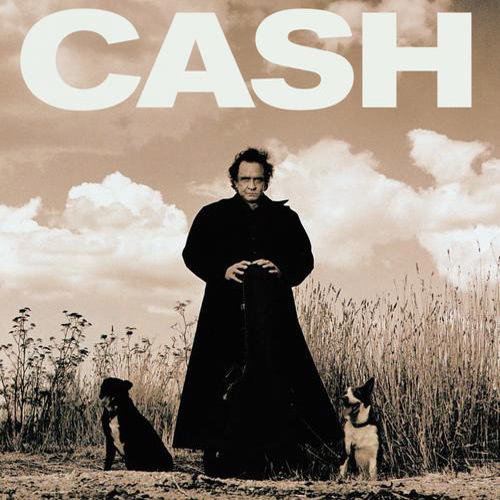
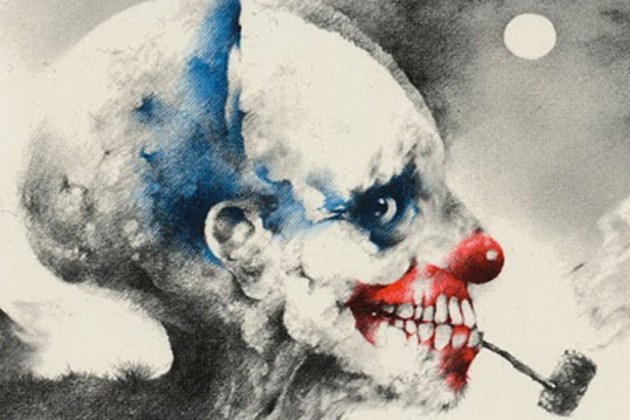
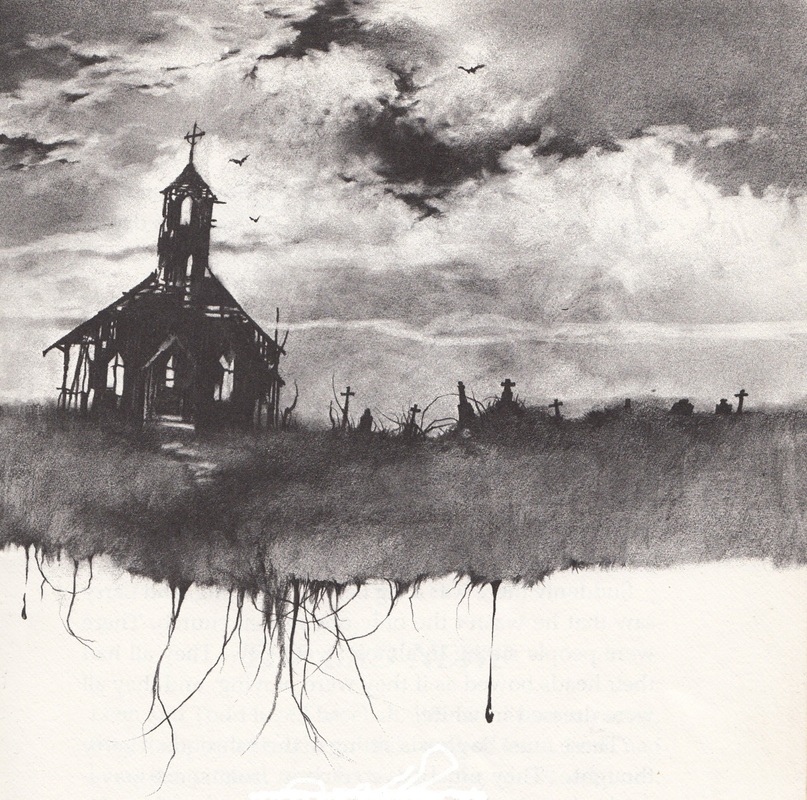
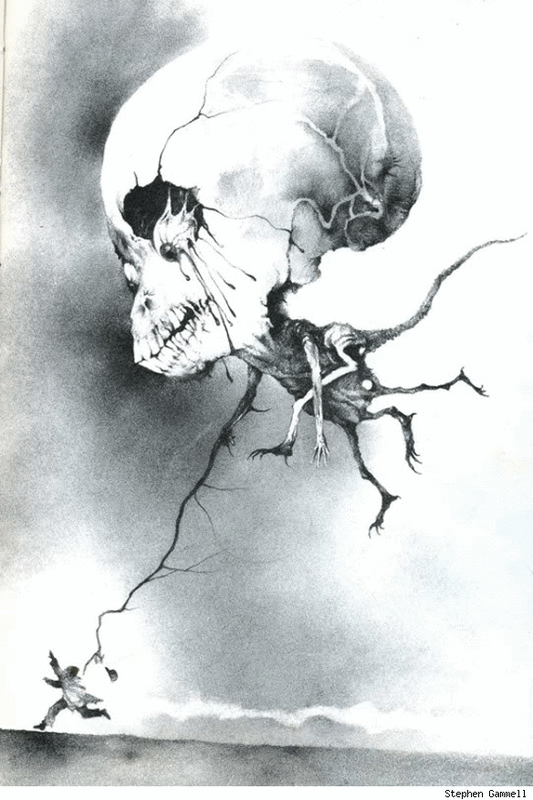
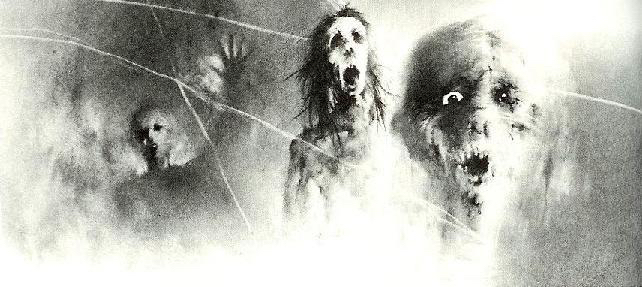
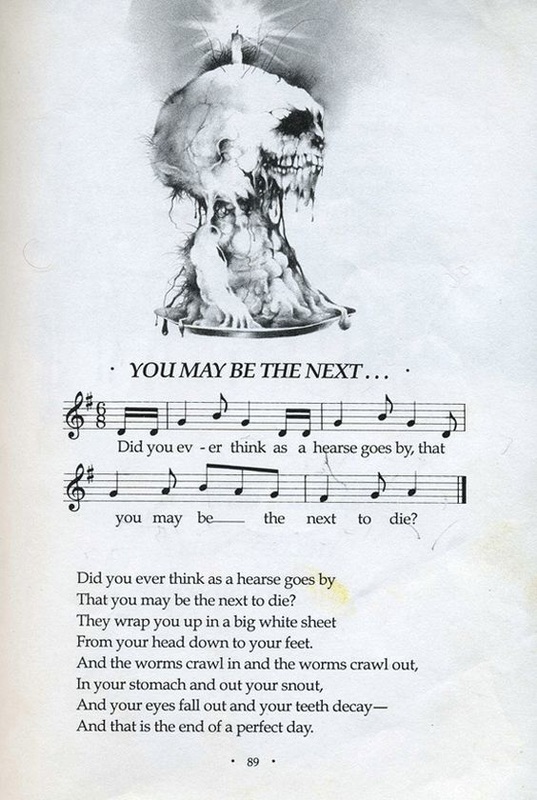
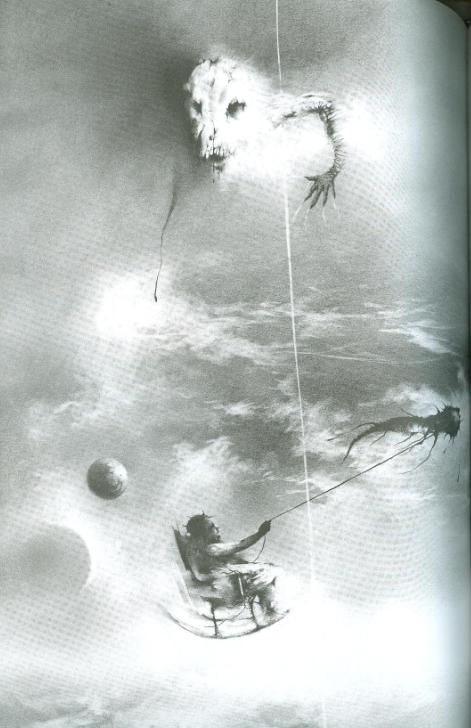
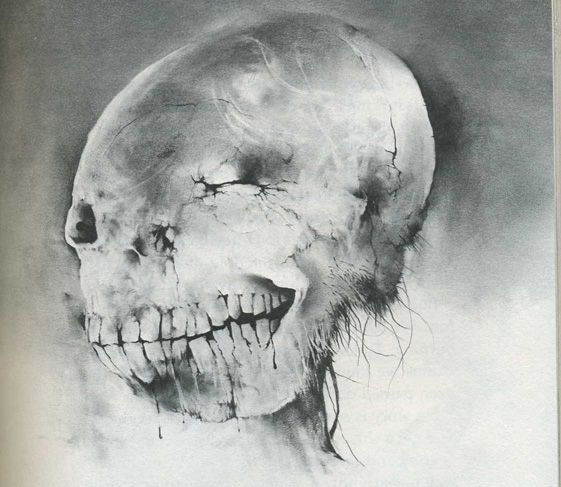
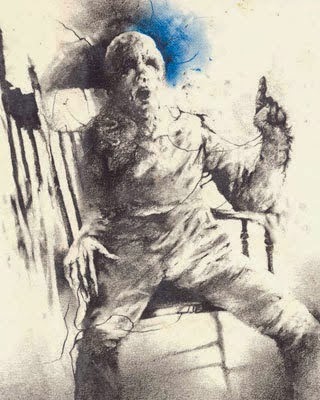
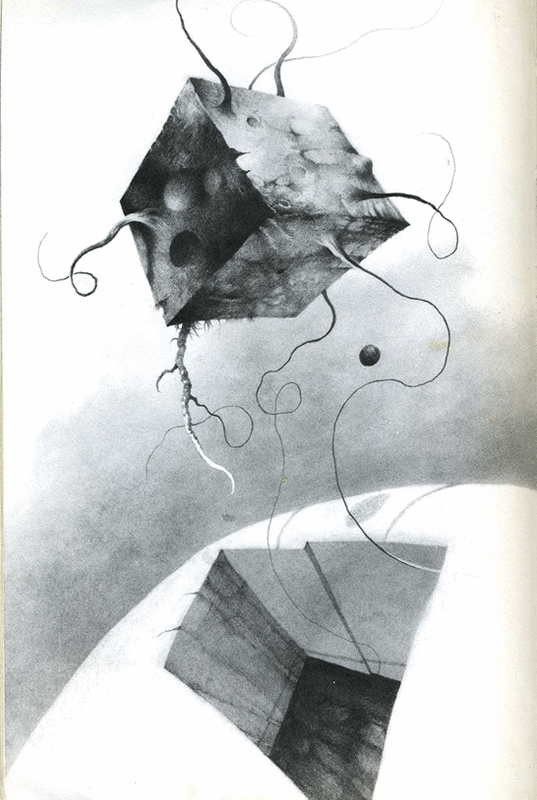
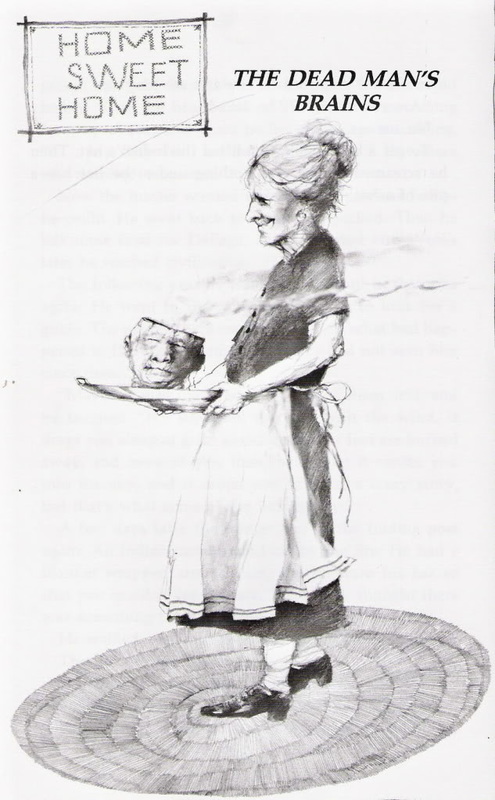
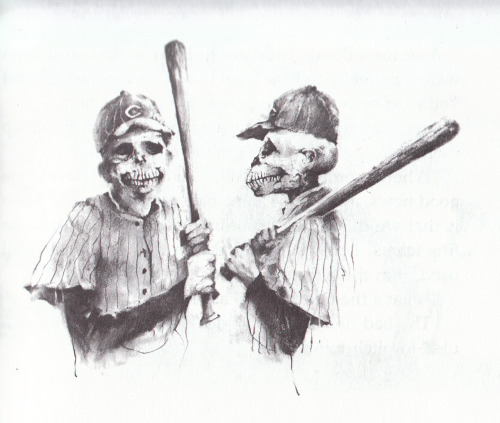
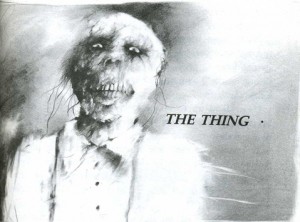
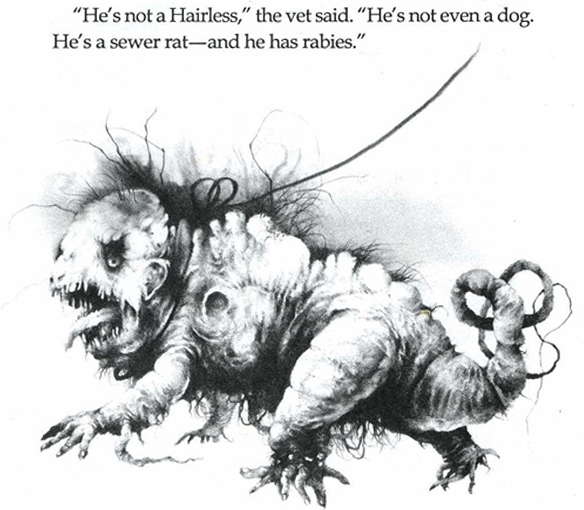
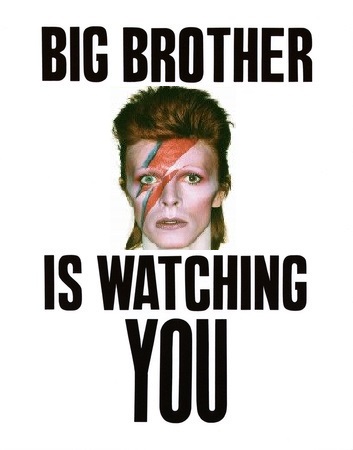
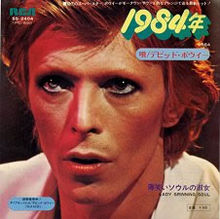
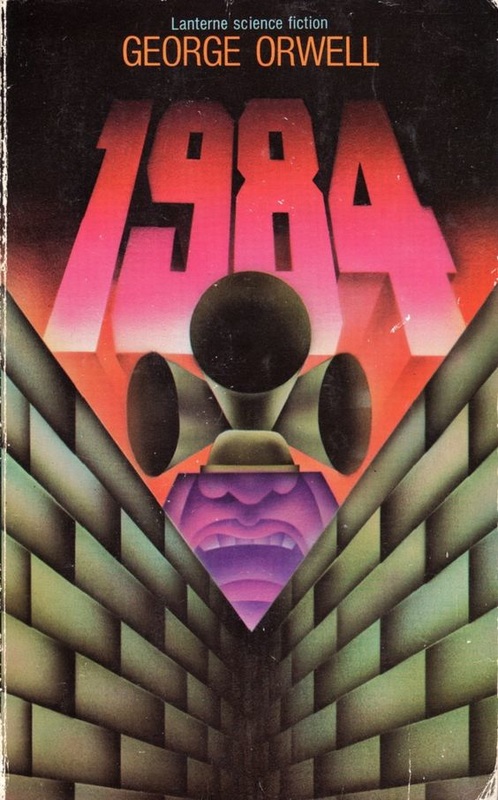
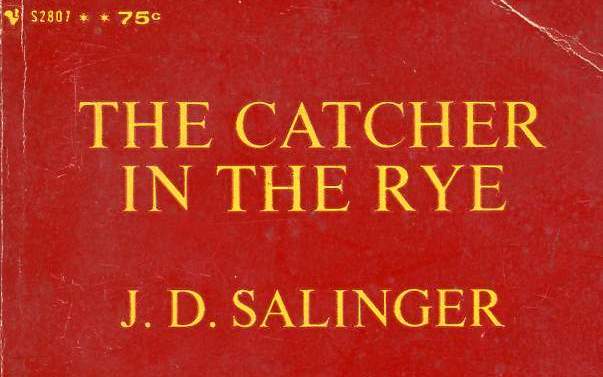
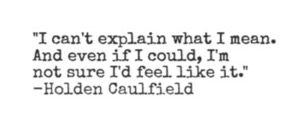
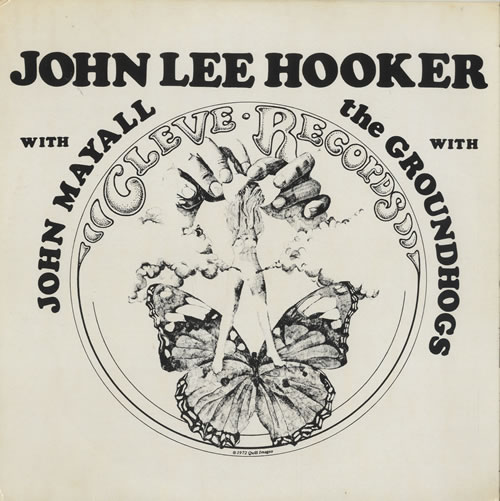
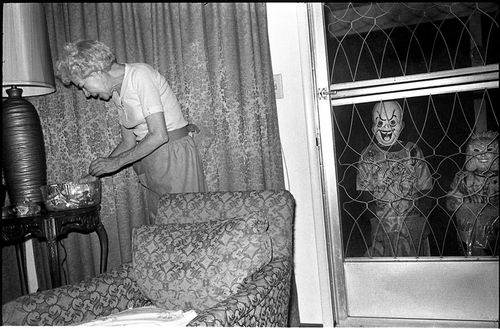
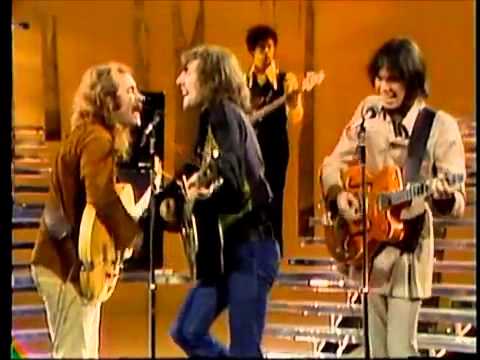
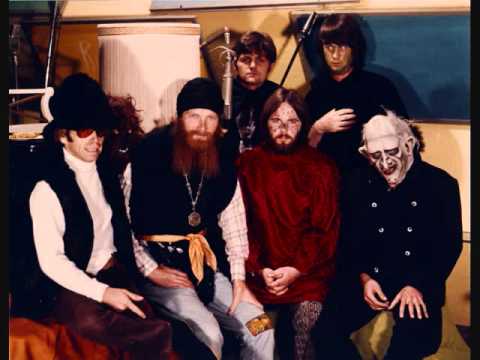
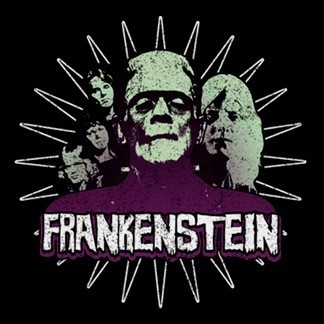

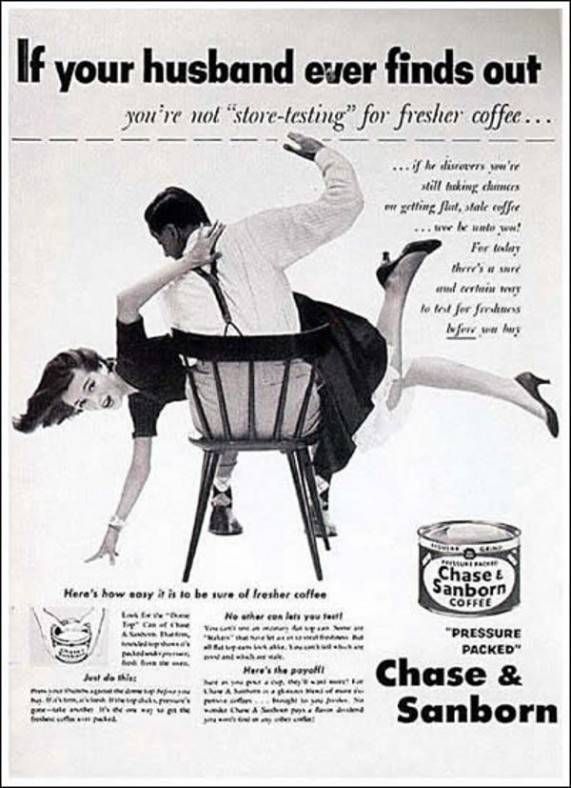
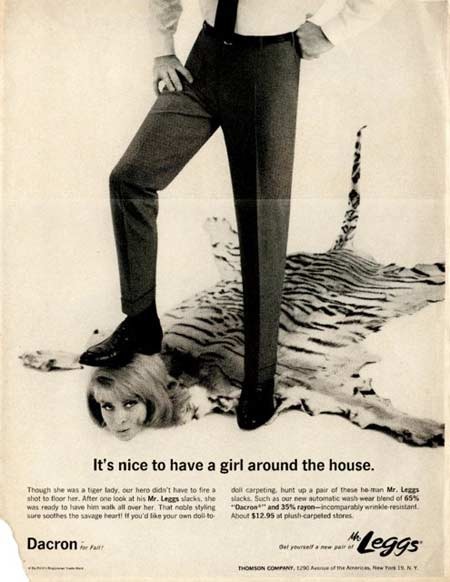
 RSS Feed
RSS Feed